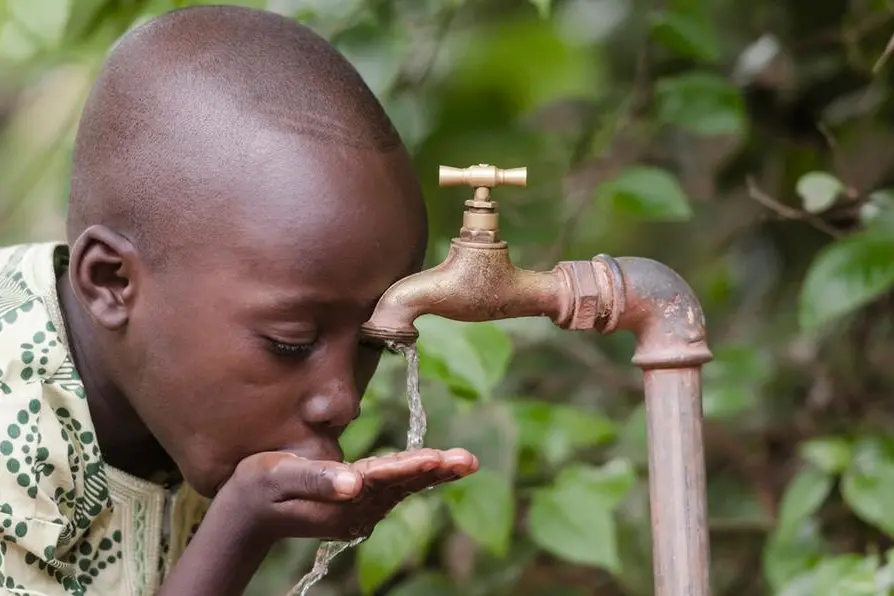PHOTO
Plateau State Coordinator, World Bank-Assisted Sustainable Urban-Rural Water Supply and Sanitary Health (SURWASH), Jonathan Malann has expressed regret that the percentage of the population with access to potable water in the state has plummeted from 60% to as low as 15%, prompting the government to seek alternative solutions, including partnerships with international organisations to address the situation.
In an interview with newsmen in Jos, the SURWASH coordinator said people of the state have experienced erratic water supply for so long because the national grid’s unreliability has severely impacted water production, forcing the government to rely on costly diesel generators, which is not sustainable.
He narrated that the government is implementing the SURWASH to rehabilitate treatment plants and improve water distribution, adding that the program aims to benefit over 50,000 people in targeted areas.
The coordinator disclosed that the Plateau state government is to set up a water sector regulatory commission to set standards on water management, construction of boreholes, promote hygiene, and other sanitation-related issues in the state.
According to him, one of the aims of the commission is to regulate all aspects of water usage, ensure that boreholes are not discriminately constructed, and ensure the compulsory provision of conveniences in every public facility.
Malann further added that the commission will also fashion out a comprehensive water management plan, for example, the provision of meters to avoid revenue loss and water leakage and develop a fair tariff policy to sustain operations and maintenance of water services.
He decried the prevalence of open defecation in some parts of the state, adding that the Plateau State government is committed to eradicating open defecation by 2027 through some strategic plans and actions, which include compulsory provision of conveniences where necessary in the state.
On indiscriminate sinking of boreholes, he said the state is coming up with national standards to ensure that boreholes are not seen close to on-site sanitation facilities like the suck-aways.
“The water sector regulatory commission is coming up by January by the grace of God in the state. The law that provided for it is ready; the governor is going to make appointments for the chief executives, and before you drill any borehole in this state, you have to obtain a license.
“The commission will visit the site and ensure that where the borehole is going to be sunk will not interfere with any sanitation facility in the close by or in the neighbourhood, so these are some of the regulations that are coming up that we want to sanitise the sector to prevent waterborne disease.”
He also declared that the water supply situation in Jos and other areas in Plateau State has become critical, with infrastructure dating back to the 1930s in a state of decay because investments in treatment plants and distribution networks have not been matched by adequate operational and maintenance funding.
Copyright © 2022 Nigerian Tribune Provided by SyndiGate Media Inc. (Syndigate.info).




















